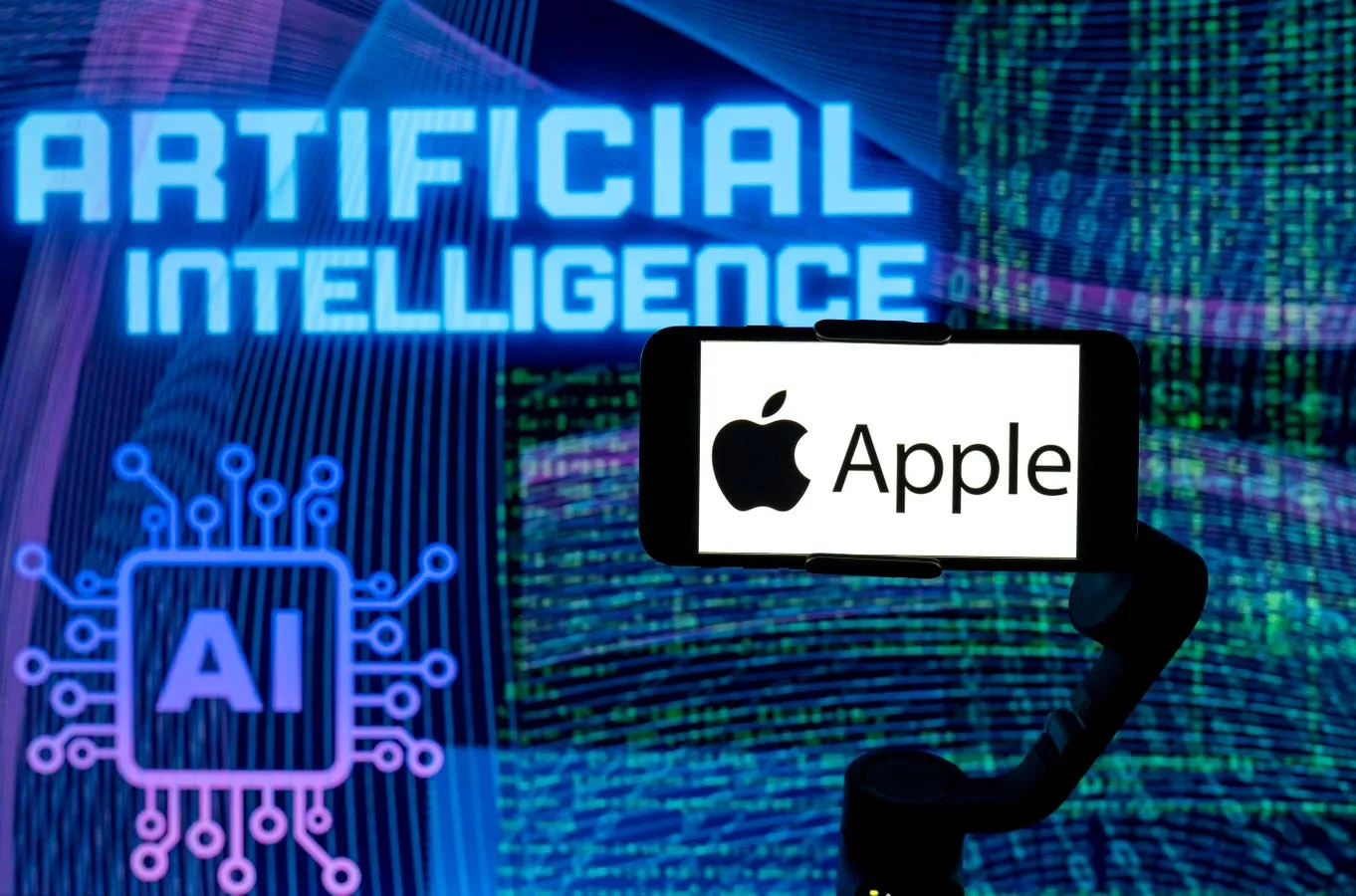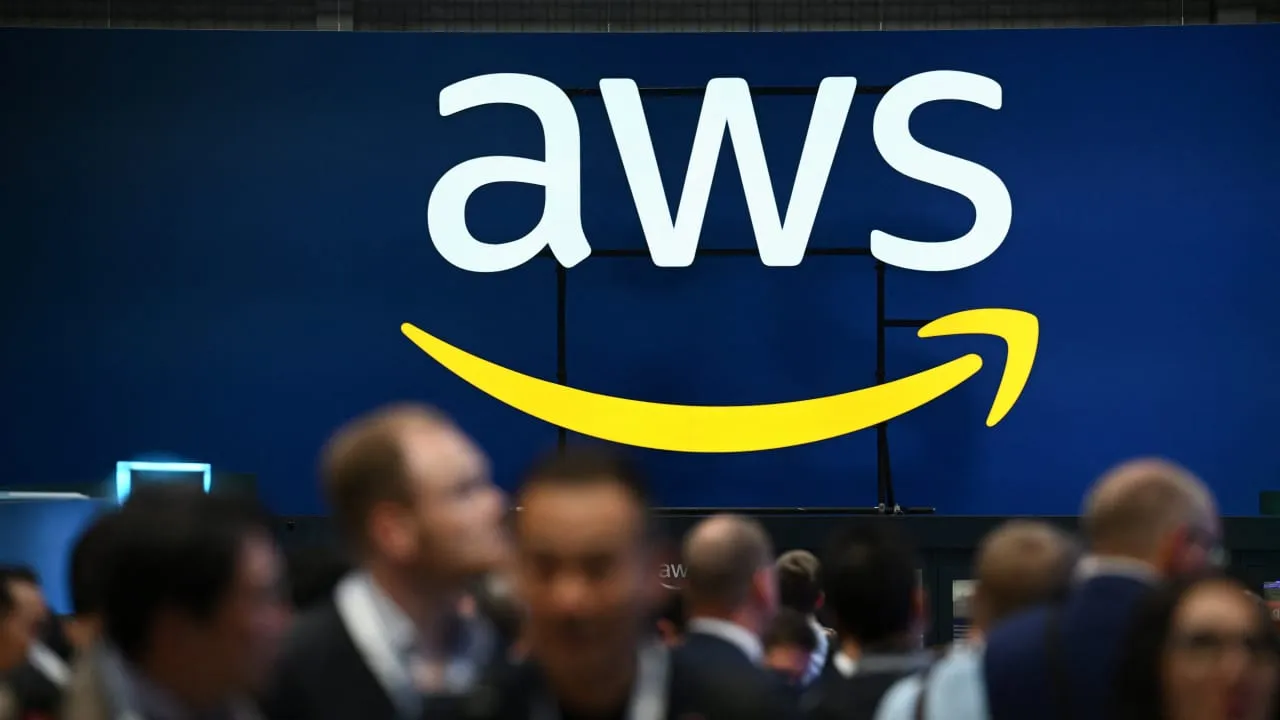In a groundbreaking reveal at the annual AWS Reinvent conference, Apple announced its continued collaboration with Amazon Web Services (AWS), leveraging the latter’s custom AI chips to bolster its suite of intelligent services. This partnership marks a significant endorsement of Amazon’s technology as Apple explores new frontiers in artificial intelligence.

A Strategic Shift in AI Infrastructure
Apple’s senior director of machine learning and AI, Benoit Dupin, detailed the company’s strategic use of AWS technology during his presentation. He highlighted that Apple has been utilizing AWS for over a decade to enhance services like Siri, Apple Maps, and Apple Music. The use of Amazon’s Inferentia and Graviton chips has notably boosted the efficiency of Apple’s search services by 40%.
This year, Apple’s tech stack has expanded to include Amazon’s latest offering, the Trainium2 chip, which shows promise in preliminary tests with up to a 50% improvement in pretraining efficiency. Dupin’s discussion underscored the pivotal role these chips play not just in inferring AI models but also in developing new AI capabilities.
Apple’s Endorsement of Amazon’s AI Chips
During the conference, AWS CEO Matt Garman shared insights with CNBC’s Kate Rooney about Apple’s early adoption and testing of the Trainium chips. Garman elaborated on Apple’s ambitious plans for its generative AI capabilities, known as Apple Intelligence, emphasizing the need for robust infrastructure to support these initiatives.

Apple’s decision to use AWS’s AI chips is a strategic one, given the competitive landscape with other cloud giants like Microsoft Azure and Google Cloud. This move also indicates a shift from traditional Nvidia graphics processors, commonly used for AI training, to more cost-effective and potentially efficient alternatives.
Beyond Traditional AI Training Approaches
The tech industry is witnessing a race to develop alternative AI training methods that could lower costs and enhance efficiency. Apple’s adoption of AWS’s AI chips may encourage other companies to consider non-Nvidia approaches for AI development.
Apple’s Generative AI Product and Future Plans
Apple has not only been focusing on infrastructure but also on delivering new AI-driven products. This fall saw the launch of Apple Intelligence, a suite of services capable of summarizing notifications, rewriting emails, and generating new emojis. Plans for integration with OpenAI’s ChatGPT and new capabilities for Siri to control apps and communicate more naturally are on the horizon for next year.

In a landscape dominated by Nvidia-based servers, Apple’s approach stands out. The company relies on its M-series chips within iPhone, iPad, and Mac devices for most processing tasks, resorting to its powerful servers only for more complex queries.
As AWS prepares to unveil its new Nvidia Blackwell-based AI servers, the tech world watches closely. Apple’s strategic use of AWS’s AI chips not only enhances its current capabilities but also sets the stage for a more interconnected and innovative future in AI technology deployment.










